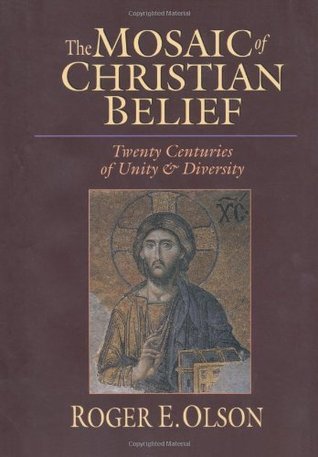This view of “real presence” in the sacrament is sometimes known as “consubstantiation” to distinguish it from the Catholic doctrine of “transubstantiation.” A Lutheran who taught either transubstantiation (that the elements of bread and wine cease to be those and become wholly body and blood) or that Christ’s presence is entirely nonbodily and only indirect through the Holy Spirit or that the Lord’s Supper is only symbolic would be teaching heresy within a Lutheran context.
Welcome back. Just a moment while we sign you in to your Goodreads account.


